Yes, why?
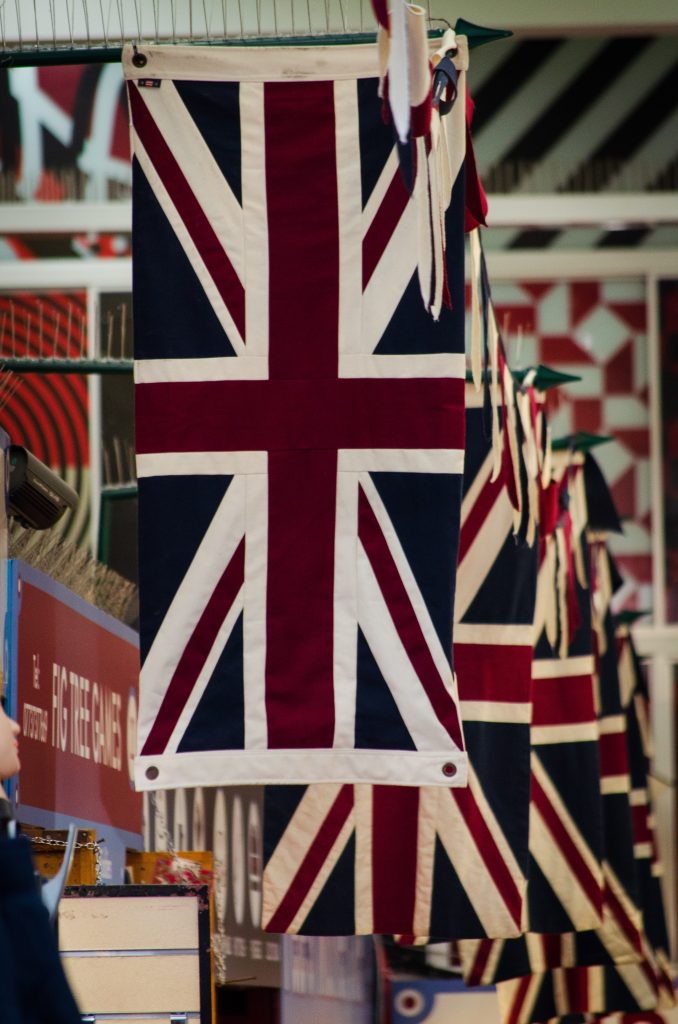
Lib Dem leader Jo Swinson may have been the last person in the country to catch-on following last weeks general election. The former MP’s outgoing speech spoke of a ‘wave of nationalism sweeping both sides of the border.’ Swinson’s message of dangerous modern politics throughout the campaign seems to be either wilfully or accidentally blind to voting intent.
Even Scottish Labour, a branch party which are somehow less politically tuned in than their parental counterpart, are showing signs of coming round to a new way of thinking in UK politics. Key members have recently called for a rethink on the parties position towards a second independence referendum. A great many are beginning to switch on to the idea that Scottish Independence is less about embracing Scottish nationalism as it is a reluctance to embrace English nationalism as our own.
The ‘Red, white, and blue’ nationalism defined and pushed by Theresa May and Boris Johnson is a force which a lot of Scotland would rather escape. It’s a force which has been present in modern politics before either came to power.
A Historic Low
The first Scottish Independence Referendum coincided with the rapid death of front-line racists the British National Party (BNP) and their immediate resurgence in UKIP. The era was politically dominated, inexplicably, by Nigel Farage and his rapidly growing right-wing pet project.
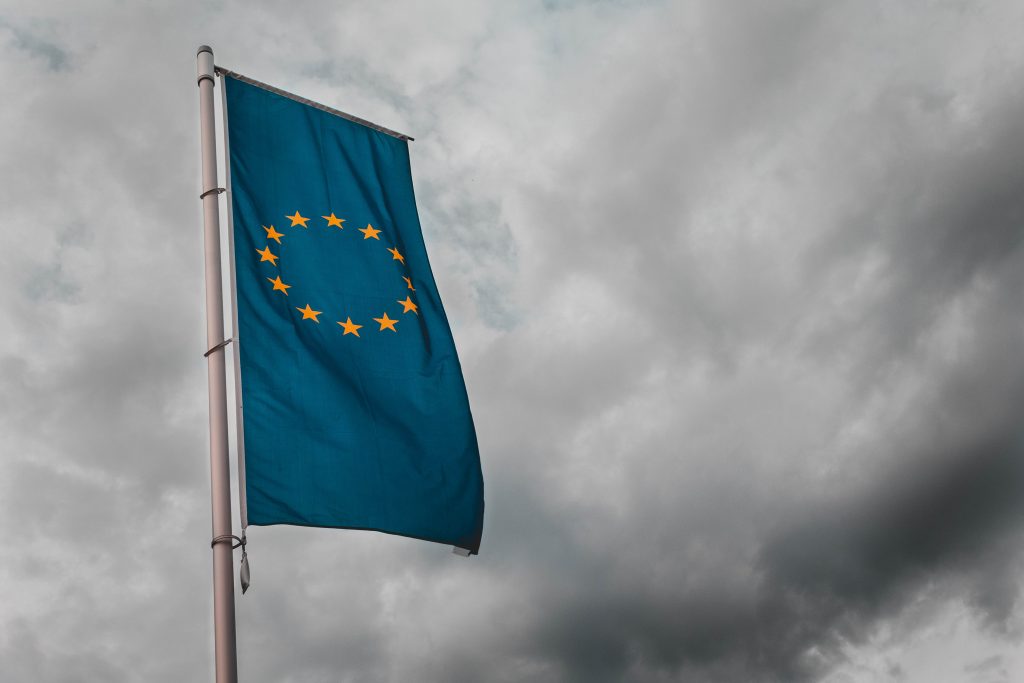
The party returned six MEPs to the European parliament in May 2014 and saw an exponential boost to their leader’s TV air time. In a strategy which would come to dominate the latter half of the 2010s Farage was blazing a trail, achieving air-time first and assuming that the votes would follow.
The BBC were more than happy to comply, placing the far-right leader on seemingly as many question time panels as he could ask for. Farage’s brand of right-wing nationalism was exceptionally well-represented. Without achieving electoral victory yet — the party, its ambitions, and its leader became a household name fast.
Afraid of losing seats in the following election, then Prime Minister, David Cameron, earmarked some large concessions to keep the far-right on side. A referendum on the EU was the giant banner necessary to call back voters which might have otherwise migrated to UKIP. The gamble mostly worked, at least in the short term. While UKIP gathered vast amounts of votes up and down the country they lost out on gaining MPs as a result of first past the post voting.
In the mid-to-long term of course, the far-right were far less than satisfied and only just beginning to find a voice and confidence in their convictions.
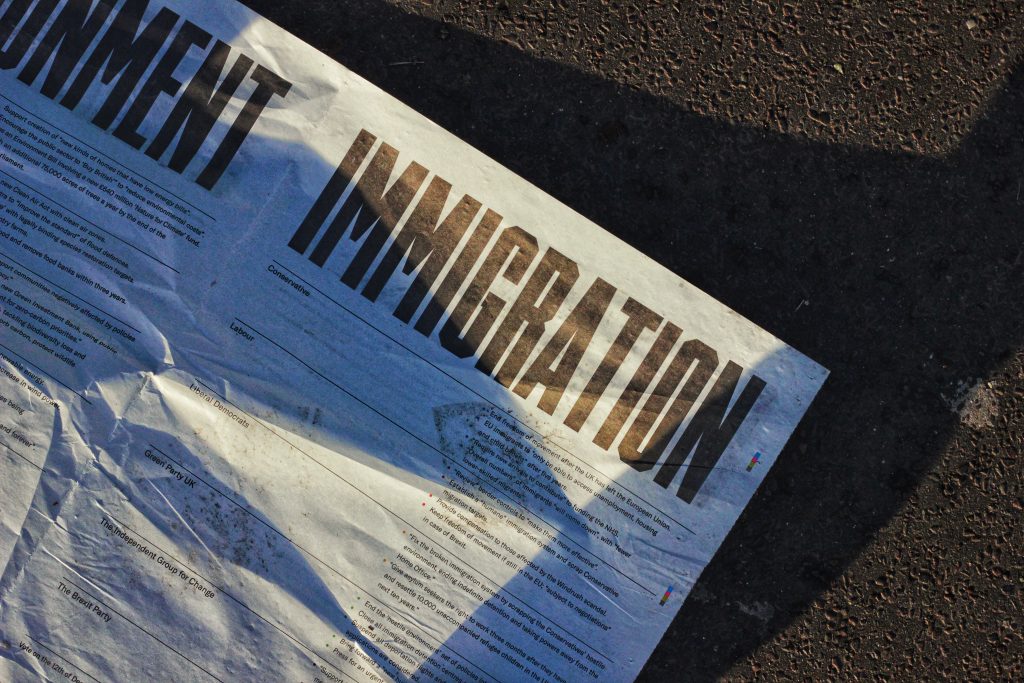
North of the border, the rise of anti-EU, far-right, anti-immigration, and English nationalist sentiment became a polarising issue which pushed many into looking at Scottish independence with fresh eyes. The majority in Scotland feel, act, and vote more in line with their European counterparts than much of the UK. Even then, there was a shifting tide in UK politics and independence for many was a way out before the storm clouds gathered.
Nobody predicted a victory for Brexit. Even campaign leader Boris Johnson famously told colleagues that the vote was doomed though politically useful. That the question was being asked at all by marginal, right-wing, political figures was a concern which many in Scotland didn’t want to be a part of.
Change
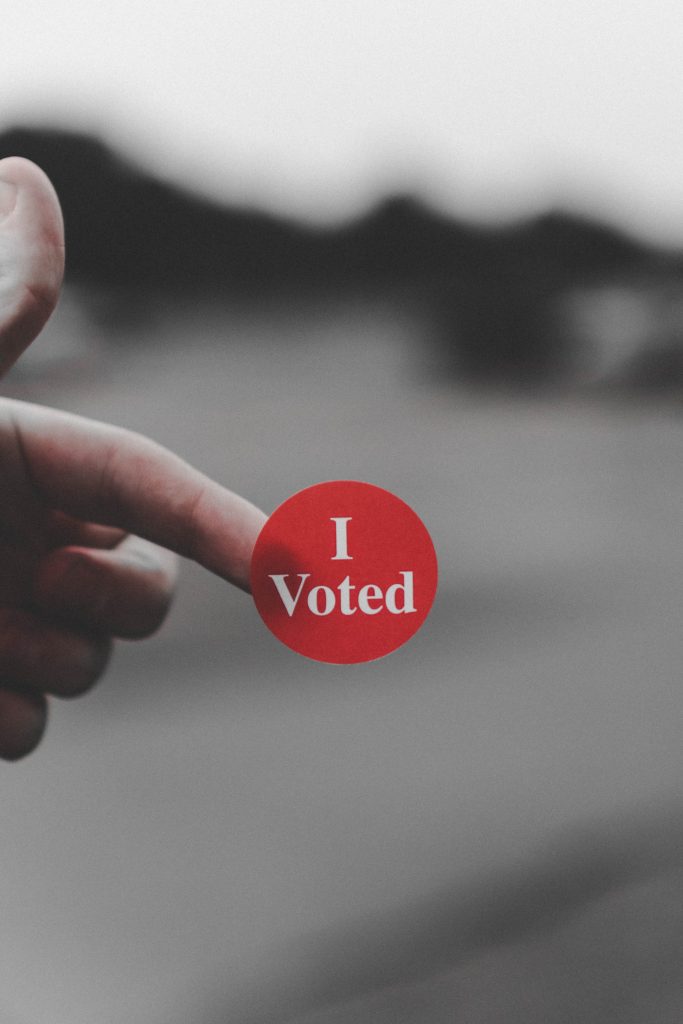
Former opponents of independence and critics of a second referendum are beginning to abandon the long-held notion that returning to a fresh public poll would be ‘undemocratic’. Even Kezia Dugdale, former Labour leader and vocal opponent of the independence movement has spoken publicly about the strong and repeated mandate for the next referendum. It turns out three elections victories in a row with independence front and centre in the manifesto are hard to ignore.
The prospect of changing the institutions of the UK from within, of being part of a wider progressive change for the country as a whole seems to be largely lost leaving this election. England and Wales voted in a conservative government by an almost unparalleled majority this Christmas and eliminated the chance of progressive change Scotland voted for in the same stroke. An election season defined by Brexit fell very poorly for Scotland as a part of the wider UK.
Since 2016 the United Kingdom has been pulling itself in many directions at once. Today Scotland finds itself almost entirely opposed to the direction which the UK intends to head.
The central tenant of Brexit, the ending of free movement, is in direct opposition to Scotland’s interests. Scotland, even more than the wider UK, is particularly reliant on a steady stream of immigration to support almost all of its major industries. [1] [2]
The countries awareness of the needs and demands of immigration is strongly reflected in the overwhelming vote share of the countries leading party. [3] While independence is an enormous leap, and one that shouldn’t be taken unless absolutely necessary, it is one which looks increasingly essential to reflect Scottish interests in its ruling government.
Ignoring the B-word
While Brexit has brought the north-south contrast into sharp focus, it’s far from the only issue in which the voting majority in Scotland appears in stark contrast to England.
Right-wing elements of UK politics have emerged so quickly and so sharply that the rise of a leftist opposition leader is labelled as communist and Marxist on both social and mainstream media. Barely three US election cycles ago, the same cries were comedy elements of the American electoral process. Today they’re ours too.
Just a short time ago we watched Fox news label then-candidate Barack Obama as Kenyan communist-in-chief. At one time we could enjoy man on the street interviews with Americans who had grave concerns about the ‘communist and socialist’ candidate without being able to define either. More recent cycles have seen the BBC paint a hammer and sickle over images of Jeremy Corbyn to open its evening and prime time news shows. The interviews have changed accent, though the content is much the same.

The right shift of the UK voter is, for reasons which aren’t at all clear, something which is not reflected in the Scottish vote. There is a strong appetite for a different kind of government here. There’s no clear or obvious difference in opinions but a massive difference at the polls. There’s a desire for change in Scotland that isn’t showing up in the UK electorate.
Until the most recent elections, it seemed like it would be possible to affect that change countrywide. If not through votes —the country doesn’t have nearly enough seats— through reasoned debate and conversation. Even the most die-hard hopeful has surely abandoned that prospect now.
Scotland finds itself looking for something that the wider country isn’t. The UK has found itself with an extreme form of capitalism which does little to serve anyone other than the corporations that run it. [4]
In the last decade, the enormous gulf of a gap between the ultra-rich and everyone else has grown even wider. Already larger than every other similarly sized country in Europe, it’s a trend that shows no signs of slowing either.[5]
For reasons that few can fathom, there appears to be no UK-wide desire for change. The majority opinion in both England and Wales appears to be an overwhelming desire for more of the same.
Failed Economics
Remarkably, the current government is one of the few in living memory to not only skate by on implementing cruel, dangerous, and damaging policies but to gain votes from them too.
Austerity, as implemented in the UK following the 2010 Conservative coalition, has wiped billions of pounds from the economy. Future development, health, and people’s lives were spent pursuing needlessly cruel and pointless policies. This wasn’t a development which took economists or the government by surprise. It was widely touted as flawed and failing economics at the time and done more to inhibit and stifle growth than any single measure in recent years.[6]
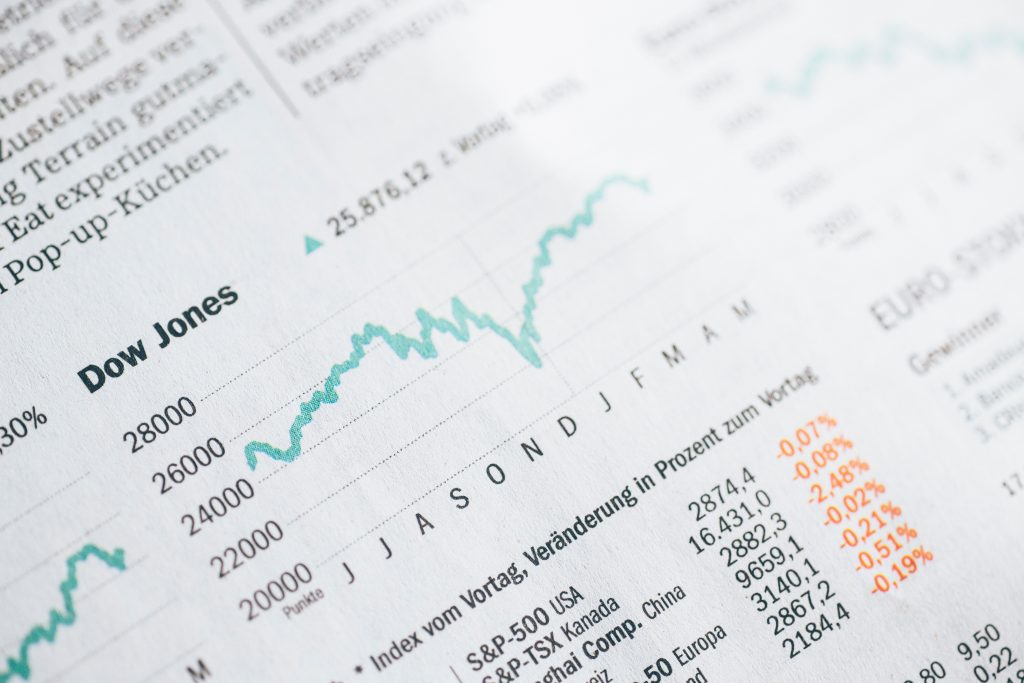
Other countries which adopted widespread austerity measures showed similar results. Ireland, Greece, Portugal, and Spain have faced stagnating economies as a result. In the UK alone, the results have been truly staggering.
2.9 million children from working families in the UK are living in poverty.[7] An amount which has broken previous records for the country. Human rights bodies have been heavily critical of the governments’ austerity cuts after reports have shown families facing such extreme poverty simply do not have enough to eat as a result. [8]
Working families going without adequate food in, what was at the time, one of the top 5 richest countries on earth is a staggering legacy to leave behind.
Under the current 9-year reign of the UK government, the UK has seen inequality grow to be among the worst in the developed world. [9] Some kind of awful, begrudging credit needs to be given to a political campaign which manages to convince voters that more of the same is the ticket they are willing to but. Even in an averagely performing government, it would be a hard sell. In one facilitating individual crisis on a national scale, it’s a downright miracle.
Admittedly, a staggering number of lies had to be told to do so.
Conservative campaigns wheeled out tired but simple slogans, leant on the old magic money tree trope, and repeated deceit and miss-truths until it was hilarious. It worked. Voters somehow forgot part of the population were starving in poverty.

Somewhere while we were laughing at the lies and blatant deceit of the Prime Minister and his closest aides, voters disregarded the government’s failings on the poor, the working class, and the disabled. UN reports indicate that the UK government is failing disabled people and failing to uphold their rights on issues such as education, work, housing, transport, health and social security. [10]
While the government fluffed the media to ridicule proposed improvements in health, social care, and equality; they continued to permit £120 billion per year in tax dodges.[11] By 10pm on the 12th of December, it had worked! Except in Scotland.
A Different Narrative

In Scotland, the Conservative Government shed seats to the SNP. Few found the prospect of another five years of the same even remotely credible. Fed up of catastrophic Tory spending without result, their votes instead went to seats which look to bailing out from a badly broken ship.
Few could now question why Scotland looks to independence. Nationalism is a key part of the vote, but not the Scottish kind. Independence is better defined by escaping failed economics, rife inequality, and bad politics in a broken system.
Nobody could blame anyone that wished to stay, fix a wider problem and protect more people. This month we found out it’s just not possible. If these issues aren’t enough to, not only make a change, but turn the tide the other way, then what issue will?
Scottish Conservatives campaigned on little else other than saying no to Indyref2, propping up the government, and explicitly approving the record of the last 9 years gone by.
Those same votes have decidedly spoken for a real and drastic change. For an escape from insular nationalism and a retreat to unity and inclusion with like-minded societies in neighbouring countries. Scotland has decidedly voted for fairness and inclusion to sweep this side of the border.
References
[1] https://www.gov.scot/news/urgent-need-for-immigration-powers/
[2] https://www.bbc.co.uk/news/uk-scotland-scotland-business-50427399
[3] https://www.bbc.co.uk/news/uk-scotland-46457341
[4] https://www.thebritishacademy.ac.uk/publications/future-of-the-corporation-principles-for-purposeful-business?from=homepage
[5] https://www.oecd.org/els/soc/cope-divide-europe-2017-background-report.pdf
[6] https://www.ncbi.nlm.nih.gov/pmc/articles/PMC4952125/
[7] https://www.bbc.co.uk/news/education-47734733
[8] https://www.euronews.com/2019/05/20/uk-government-in-clear-breach-of-duty-as-families-face-poverty
[9] https://www.ft.com/content/7204c062-1047-11ea-a225-db2f231cfeae